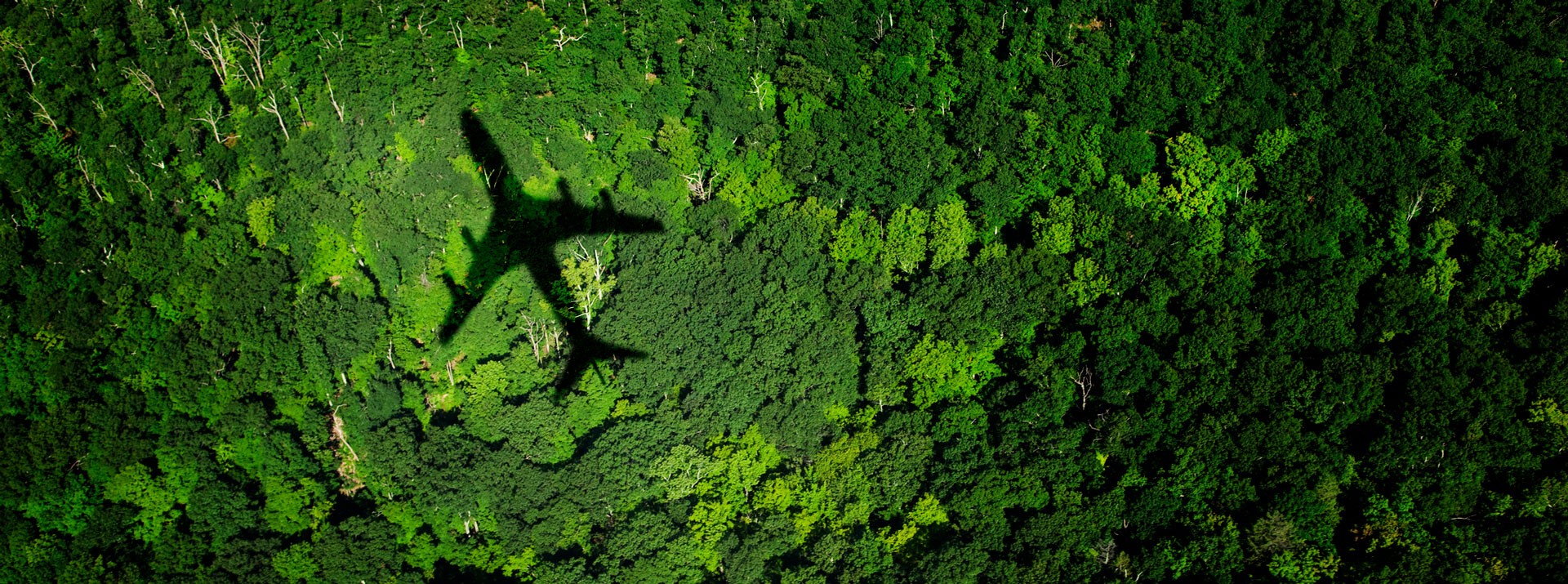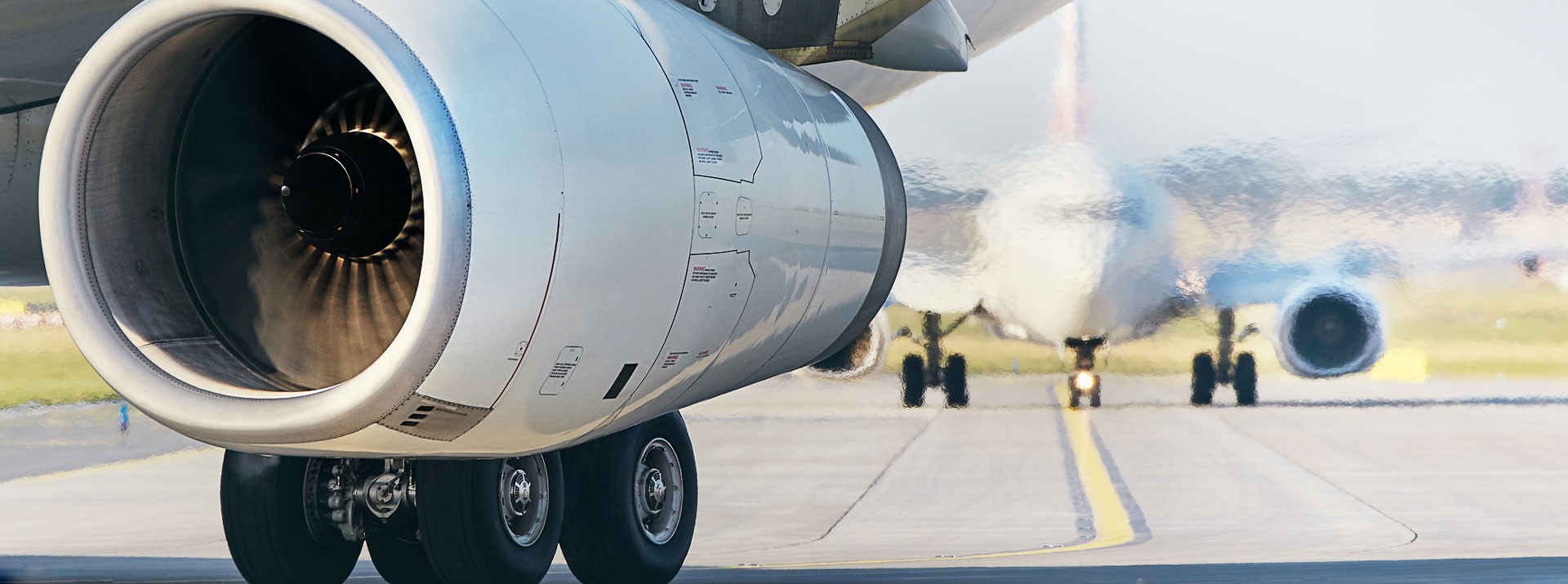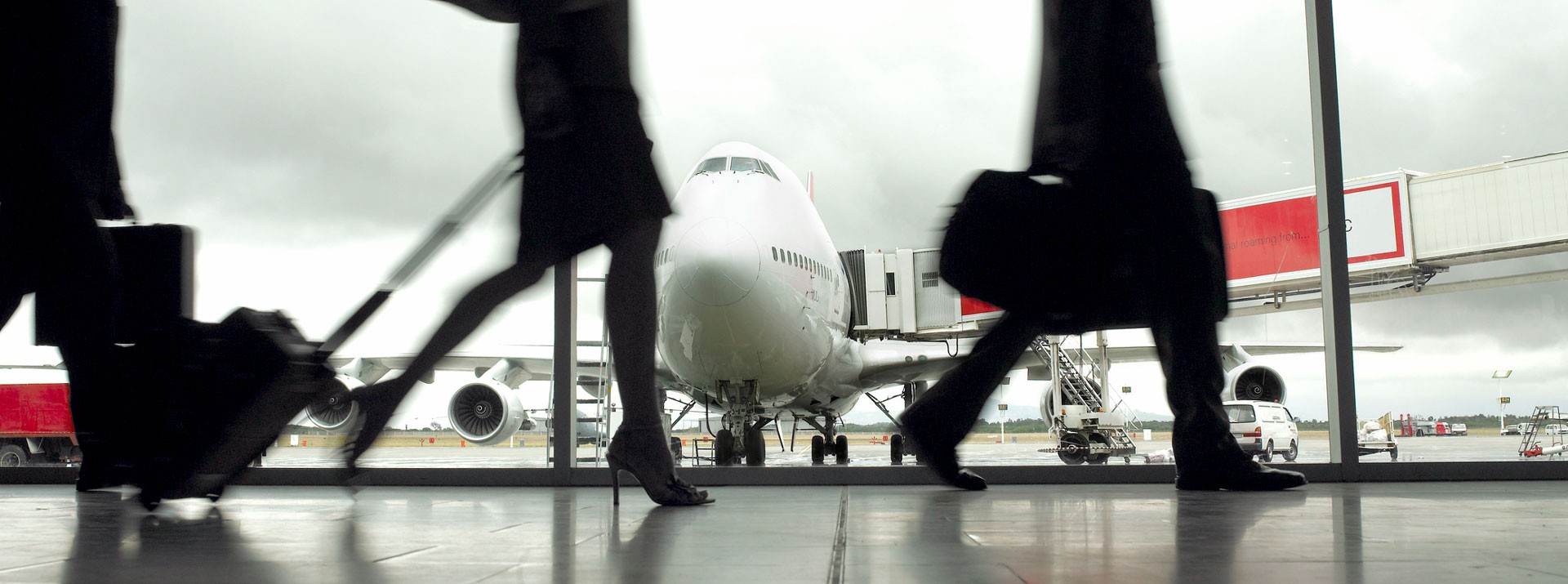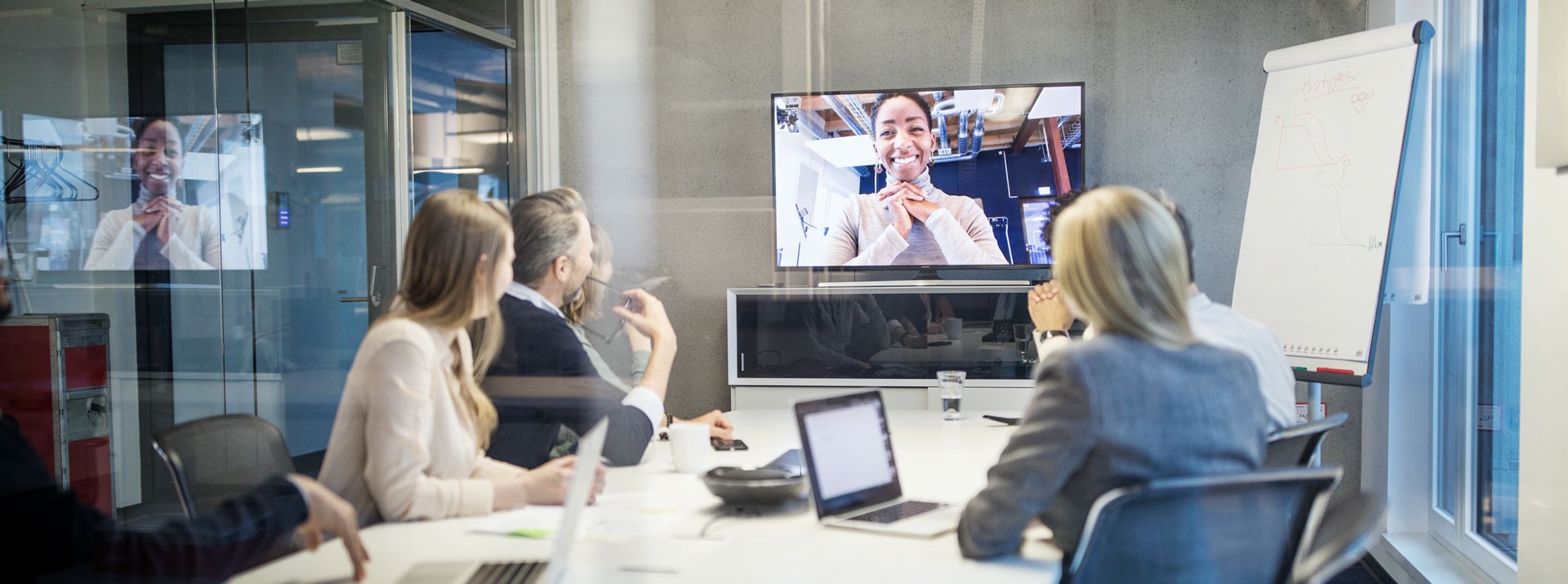Pilot program for employees contributes to Knorr-Bremse’s climate protection projects.
With the help of employees at its German sites, Knorr-Bremse plans to reduce and offset green-house gas emissions resulting from flights in a pilot project starting in the fourth quarter of 2021.
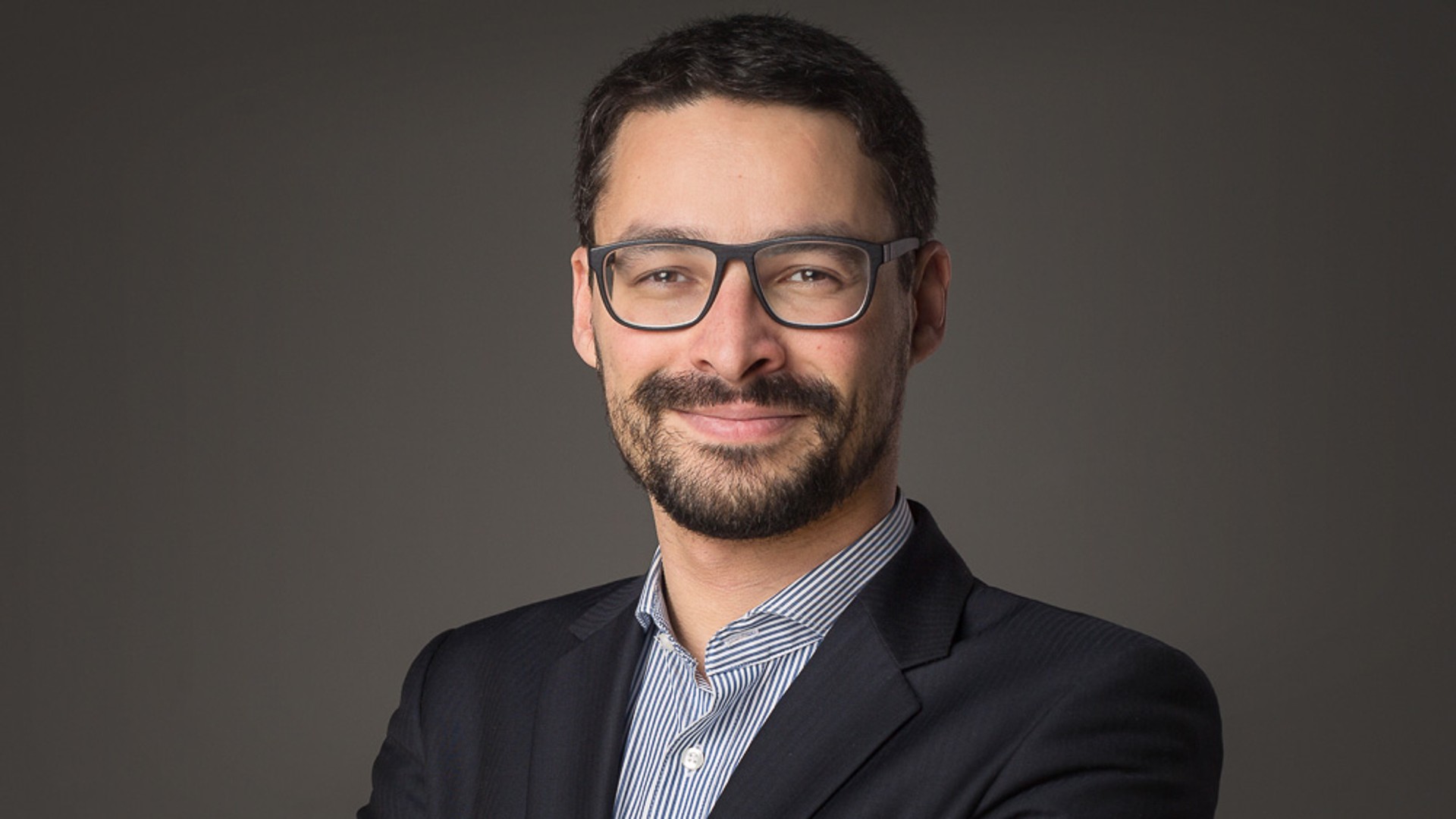
Knorr-Bremse’s primary goal in avoiding flight emissions remains to reduce the total number of business trips. Where air travel cannot be avoided, and where a delay or cancellation has occurred, we want to invite employees – by assigning compensation claims against airlines to Knorr-Bremse – to support climate projects.
Yacin Bessas – Specialist Corporate Responsibility, Knorr-Bremse AG
Compensation from delayed or cancelled flights to support climate protection projects
The pilot program offers employees at German sites the opportunity to make their own contribution to Knorr-Bremse’s climate protection activities. In the event that flights for business trips are delayed, overbooked or cancelled, employees may be entitled to compensation payments. Using an automated claims process, Knorr-Bremse offers those employees the option of assigning the financial compensation payments to Knorr-Bremse, which will put the full amount towards selected climate protection projects. Alternatively, as before, employees are entitled to claim compensation from the respective airline on their own initiative.
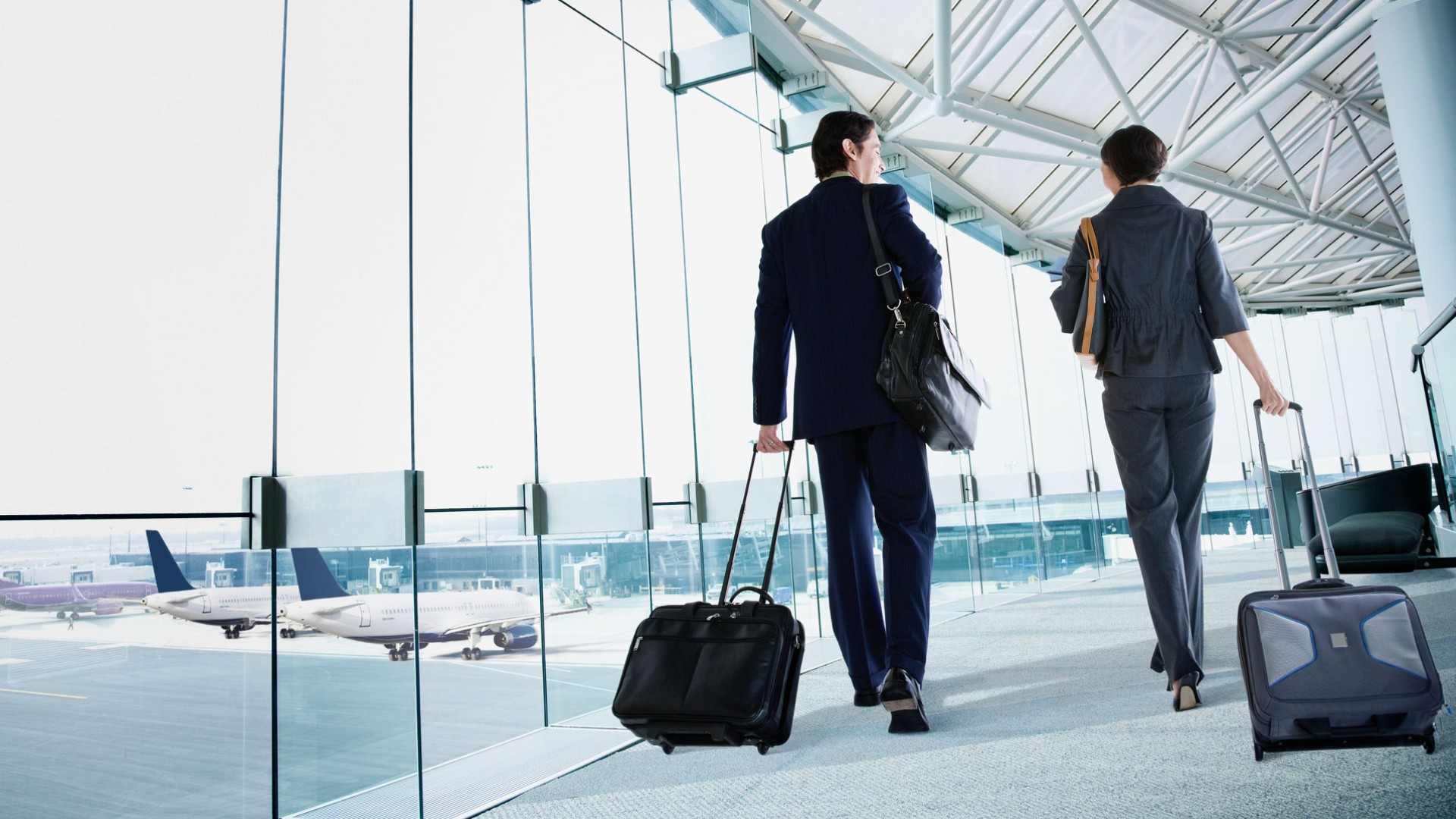
Where employees decide to use the compensation payment to support Knorr-Bremse’s climate protection projects, the procedure works as follows: Flightright GmbH, the service provider contracted by Knorr-Bremse, checks all business flights for eligibility for compensation payments. In case compensation is due, the entitled employees are contacted and have the option of claiming the compensation payment from the airline via Flightright GmbH and assigning it to Knorr-Bremse. After final verification, the sum is paid to Knorr-Bremse and allocated to Knorr-Bremse’s climate protection projects.
“For the time being, we are relying on digital tools such as online meetings for communicating and cooperating with each other across locations. As we have experienced in the last year and a half, we can work very efficiently even with a significant reduction in business travel. Nevertheless, not every business trip can be replaced by an online meeting. In our role as indirect procurement, we approached the Corporate Responsibility department after the opportunity arose to automate claims from flight delays and donate them to a good cause. Together we will be focusing on renewable energies and offsetting flight emissions generated by our employees’ business trips,” says Birgit Schooff, Category Manager Travel EMEA, Knorr-Bremse Rail Vehicle Systems.
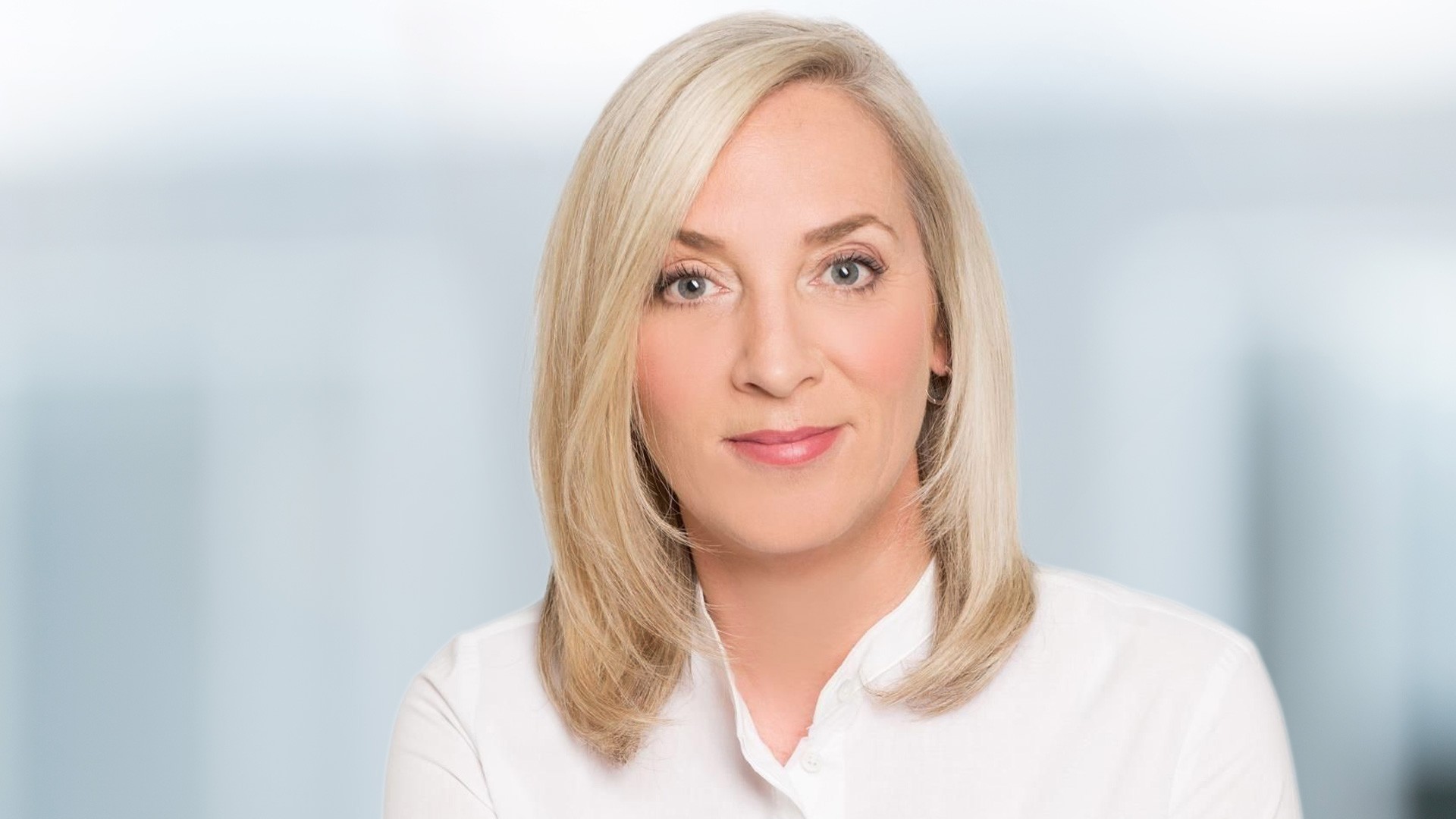
Together we will be focusing on renewable energies and offsetting flight emissions generated by our employees’ business trips.
Birgit Schooff – Category Manager Travel EMEA, Knorr-Bremse Rail Vehicle Systems
Which specific climate protection projects are supported with the donated compensation claims?
In terms of reducing emissions, Knorr-Bremse is focusing on using a share of synthetic fuel in its business flights. The aim is to ensure that Knorr-Bremse employees’ flights always use a blend with up to one percent synthetic fuel. As such, the intended blending rate achieves a CO₂ reduction of up to one percent, clearly in excess of the 0.5 percent blending rate required by the Greenhouse Gas Reduction Quota Act from 2025 onwards. To this end, Knorr-Bremse is helping to fund the world’s first e-kerosene production plant, operated by its partner atmosfair gGmbH , which began operating in Emsland (Germany) in October.
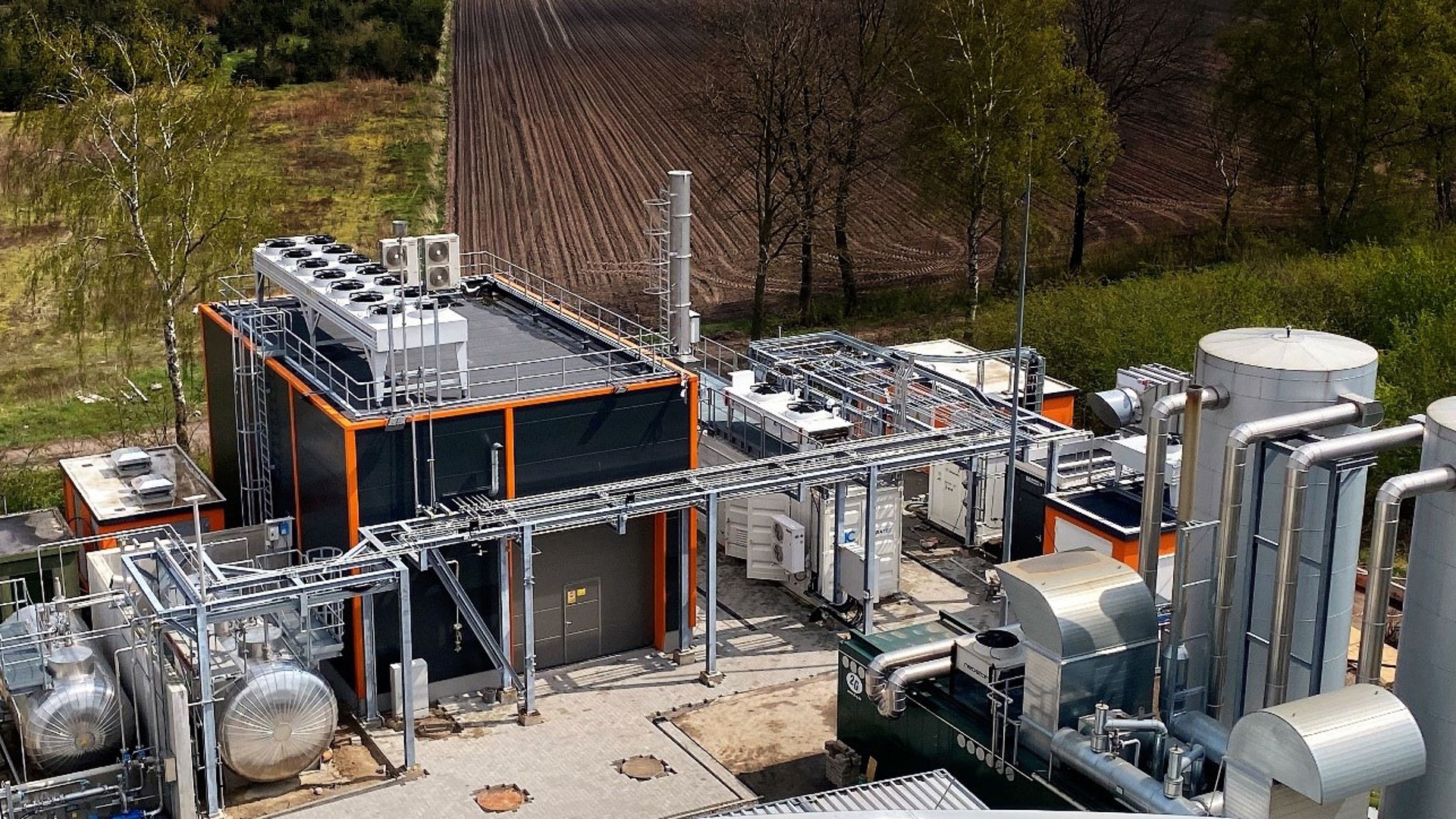
With a capacity of 350 metric tons of synthetic crude oil per year, the climate protection organization’s plant far exceeds laboratory scale and will supply German airlines with e-kerosene. It is the first plant in the world to produce crude oil for e-kerosene that is approved for commercial aviation. So the contributions from Knorr-Bremse employees directly support pioneering technology in the renewable energy sector.
“The world’s first plant in Emsland first generates a synthesis gas from the source materials CO₂ and hydrogen, then produces synthetic crude oil using Fischer Tropsch synthesis. Next, we supply this to a refinery, which blends one percent of the crude oil in its process to produce kerosene. The CO₂ required, which is released when the synthetic kerosene is burned, is obtained beforehand from a biogas plant and filtered from the ambient air,” says Dr. Dietrich Brockhagen, Managing Director and Founder of atmosfair gGmbH.
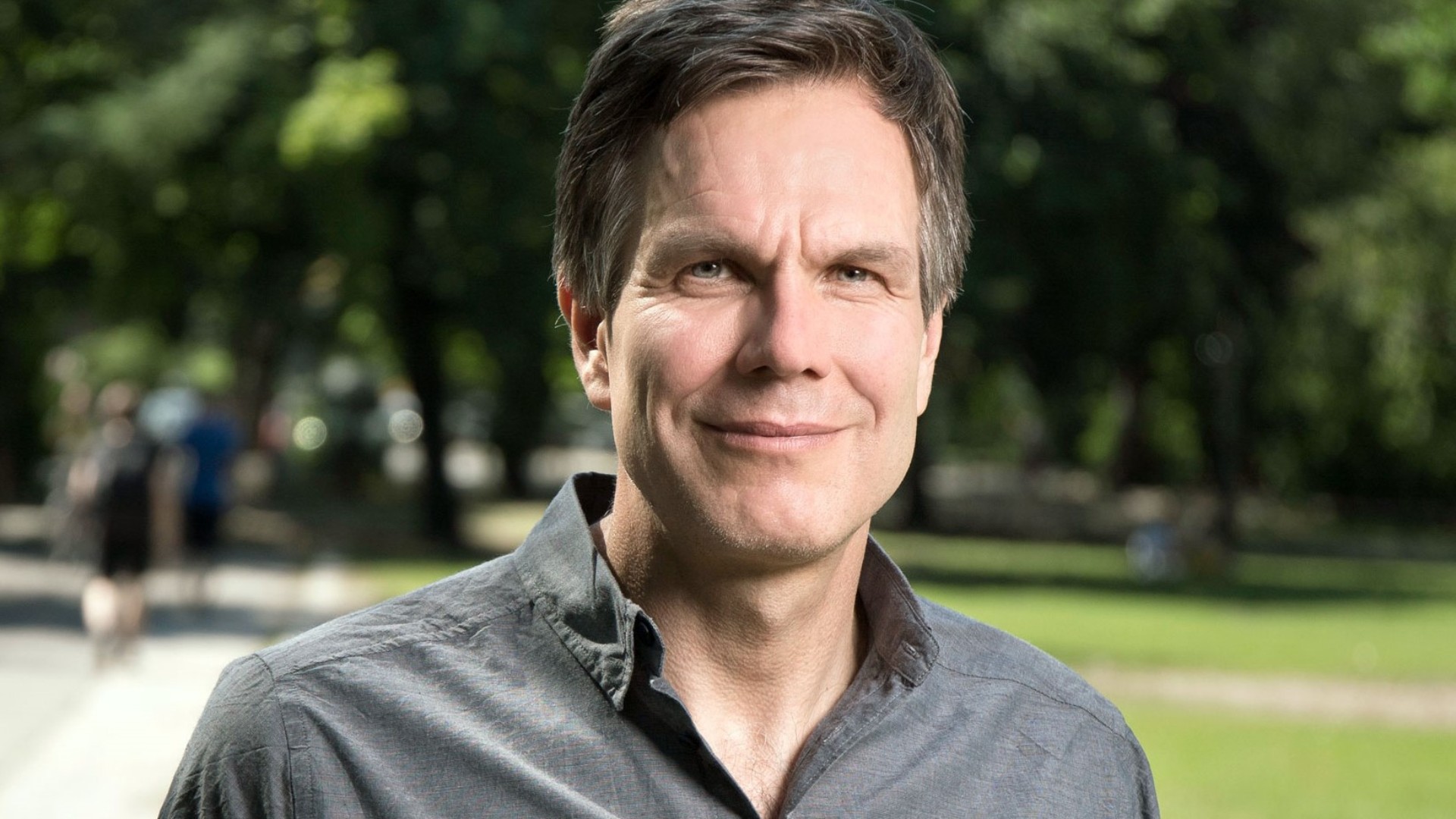
The plant uses electricity generated entirely from German wind power to produce the synthetic crude oil. This makes the entire process CO₂-neutral.
Dr. Dietrich Brockhagen – Managing Director and Founder of atmosfair gGmbH
Besides the blending of synthetic fuel, the contributions support the “Efficient wood gasifier stoves” offset project in India . The wood gasifier stoves subsidized by Knorr-Bremse enable local households, first of all, to greatly reduce their use of firewood and thus CO₂ emissions. Additionally, the stoves help prevent smoke pollution and protect local forests. Moreover, around one hundred jobs are created locally through the production of the stoves and the resale of the charcoal produced during the cooking process. Knorr-Bremse will work with atmosfair gGmbH to support the project up to 2030. More information on this project can be found here and in the overview article on Knorr-Bremse’s carbon offset projects .
